HAPPY NEW YEAR

我们知道你肯定有自己的春节习俗——
比如休假、外出旅行、按时喝酒等——
但是传统的春节习俗都有些什么呢?
从送礼到装饰,以下是一些小贴士,
希望能帮助您过一个地道的春节。
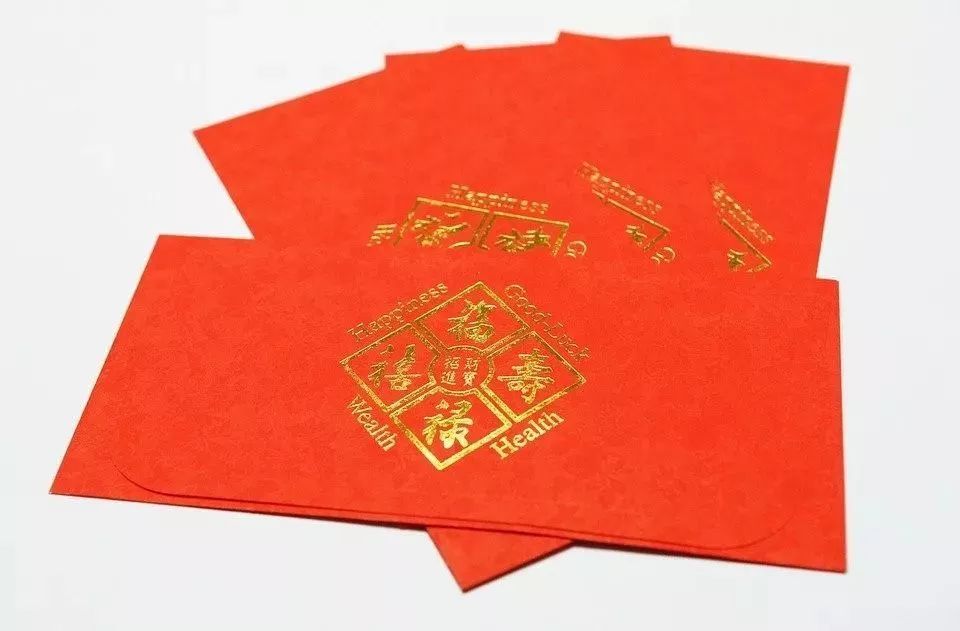
Known to the locals as hongbao, these little red envelopes are filled with cash and given to friends and family during Spring Festival – this much you probably knew already. But there are a couple of other things you should know when it comes to handing out hongbaos:
小红包里会装满现金,
用于在春节期间送给朋友和家人。
但在给红包时有以下几点需要注意哦:
•During Spring Festival, red envelopes are known as yasuiqian, which translates literally to ‘money used to supress the devil’ – even more reason to hand them out.
春节期间红包被称为压岁钱,
字面意思是“用来压制魔鬼的钱”——
我看谁还敢拒绝收红包。
•It’s good luck to put an even amount of money in the envelope – but it’s the first number that should be even. For example, 600RMB brings good luck, but 700RMB is said to do the opposite.
红包可能会带来好运哦——
但总数需要是偶数。
例如600元人民币就很合理,
而700元则不会,好事成双嘛。
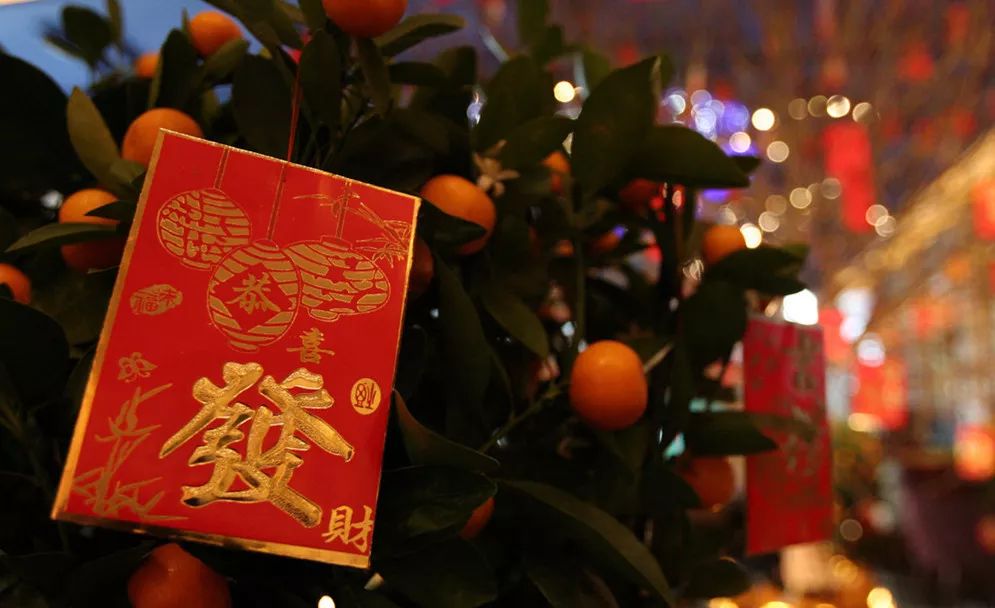
10元或50元这样的小额单张钞票也是可以的。
•However, figures like 400RMB should be avoided. The number 4 (si) in Chinese sounds similar to the word for death.
然而像400元这样的数字应该避免。
汉语中的数字4(si)听起来类似于“死”。
•On the flipside, 6s and 8s are positive – 6 (liu) sounds similar to the word for smooth, while 8 (ba) sounds like the word for wealth.
6和8也有特殊的寓意——
6(liu)的发音类似于表示顺利的词“溜”,
8(ba)的发音类似于“发”,象征着富有。
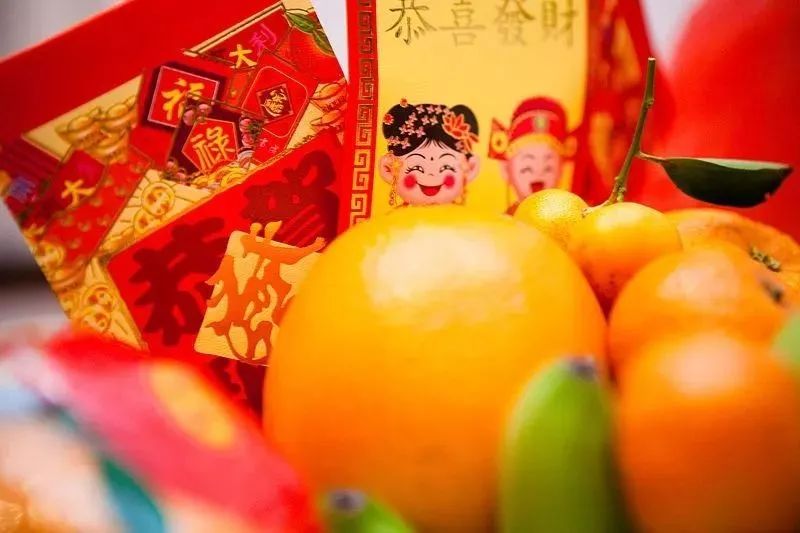
As well as red envelopes, it’s customary to exchange gifts like fruit, chocolate, cakes, biscuits and sweets too. Don’t go handing out any old pressies though – there are lots of symbols and hidden meanings to some items that make them less than desirable gifts:
除了红包外,人们还会赠送果篮、
巧克力、蛋糕、饼干和糖果等礼物。
不过礼物都需要全新的——
有些东西有很多不好的寓意,
所以一般不会作为礼物送出:
•White or black items, as they’re often associated with funerals
• 白色或黑色的东西,因为它们经常与葬礼有关
•Clocks or watches, as they suggest that time is running out
• 钟表,这代表着时日不多
•Sharp objects
• 锋利的东西
•Shoes or sandals, as they symbolise walking away from a relationship
• 鞋类,因为鞋象征着会离开你
Clothing 着装
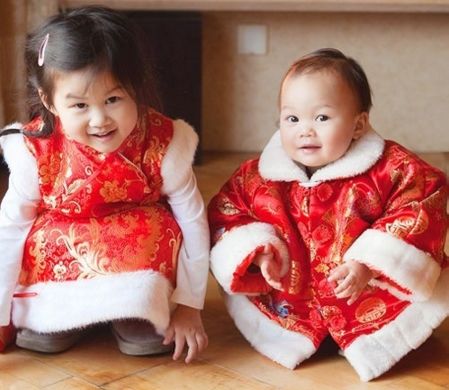
在春节期间穿红色衣服是十分常见的,
人们也会穿着新衣服象征的新的开始。
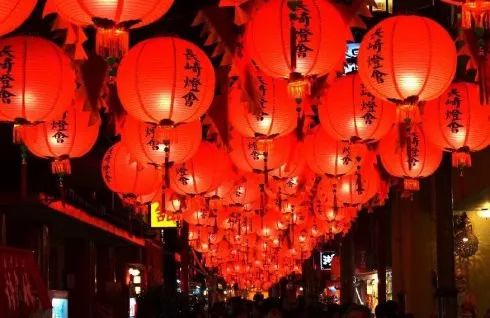
代表着吉祥的红色依然延续,
春节会把红色灯笼挂在任何地方。
可以挂一些在自己家里哦,
把喜庆的氛围传播到生活中。
Dragon and Lion Dances 舞龙舞狮
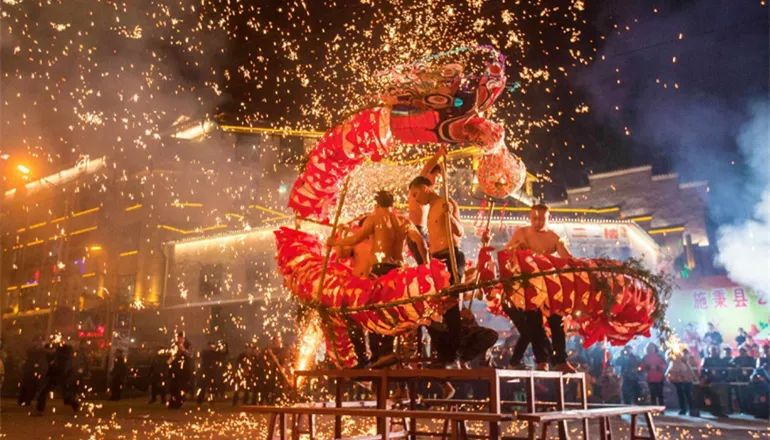
迎接新年最好玩的就是看舞龙和舞狮。
据说热闹、鼓声长鸣的舞龙舞狮能在新年赶走恶魔。
Food 美食
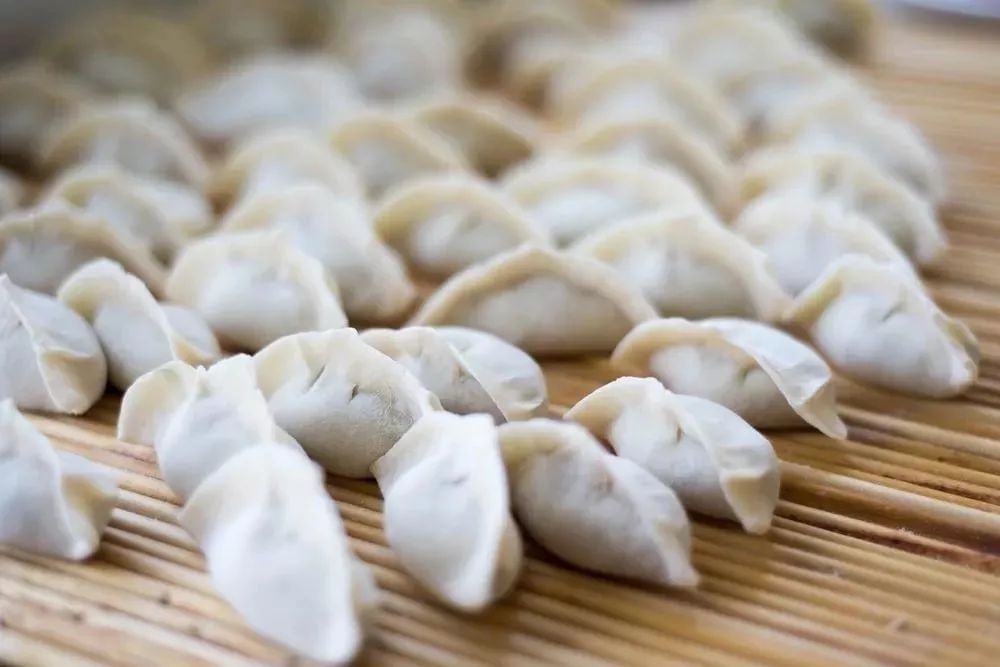
当然少不了传统美食啦——是不是馋了!
下周我们会带给你色香味俱全的春节美食!
